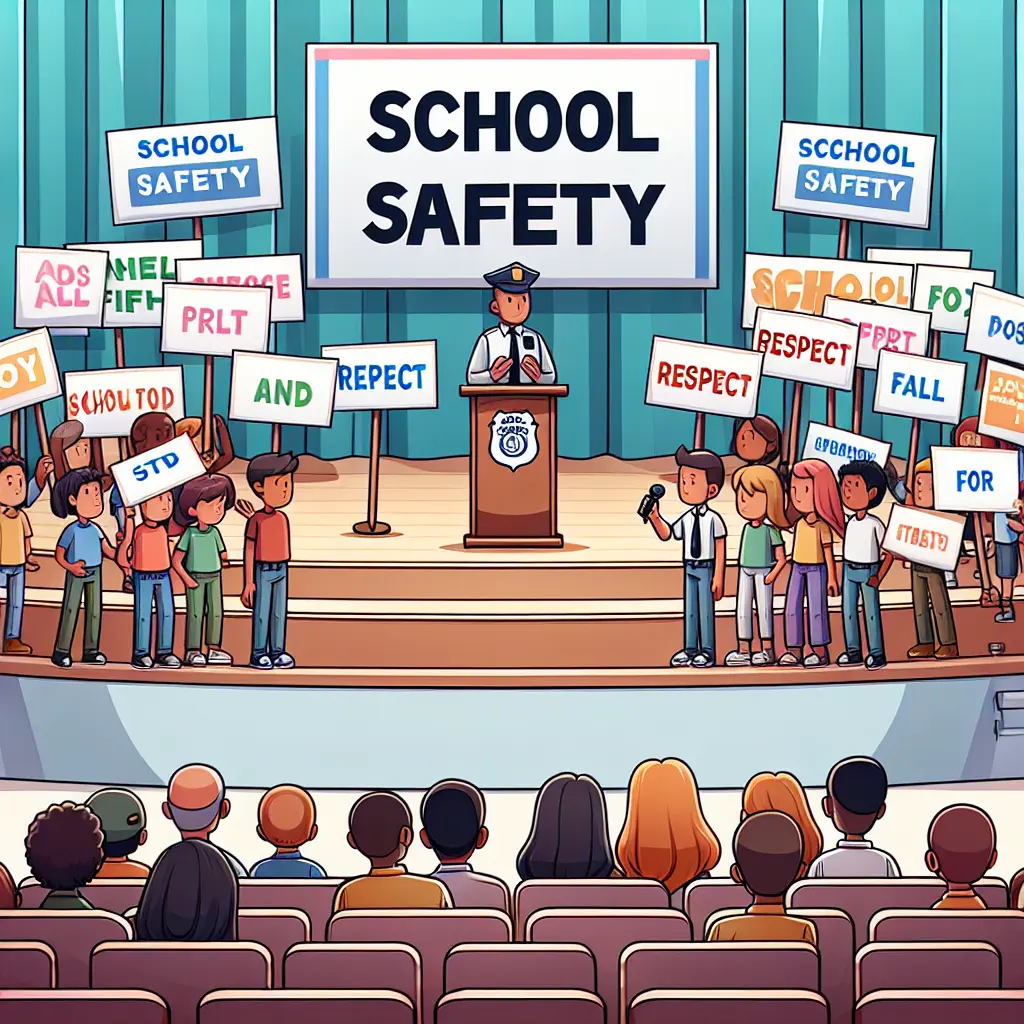
In today's digital age, the impact of social media on public perception is more significant than ever.
The power and reach of social media platforms cannot be understated. In a world where news travels faster than ever before, a single post can generate a significant reaction from the public. This phenomenon was clearly illustrated recently when the Uvalde Police Department found themselves under fire for a Facebook post that many deemed tone-deaf and hypocritical.
The Incident
As schools across the nation opened their doors for a new academic year, the Uvalde Police Department posted a message on their Facebook page about keeping children safe on their first day back. While this might seem like a routine and even thoughtful gesture, it sparked outrage among many who remembered the tragic events of the past in Uvalde, Texas.
The post was seen by many as a painful reminder of the department's previous failures to protect children during a crisis, leading to accusations of hypocrisy. This example highlights the necessity for organizations to remain aware of their past actions and public sentiment when engaging on social media.
Lessons in Social Media Use
Here are some critical takeaways for organizations when using social media:
Be Aware of Context: Understanding the historical and emotional context behind your posts is crucial. What might seem innocuous can easily be perceived as insensitive if past events are not considered.
Engage Thoughtfully: It's essential to maintain a balance between transparency and sensitivity. Open communication is vital, but it must be done in a manner that respects those affected by past incidents.
Listen and Respond: Public feedback is invaluable. Listening to your audience can provide insights into how your message is received, allowing for adjustments and improvements in future communications.
Conclusion
Social media is a powerful tool that can significantly impact public perception. The Uvalde Police Department's recent experience serves as a stark reminder of how quickly things can spiral if not handled with care and understanding. By learning from such instances, organizations can improve their online presence and build stronger, more trusting relationships with their communities.
In conclusion, the digital landscape offers immense opportunities for connection and communication, but it also demands a careful and respectful approach. As we navigate this ever-evolving realm, let us strive to use our platforms wisely and responsibly.
For more details on this incident, you can refer to the original article here.
Warm regards,
Ethan Montgomery